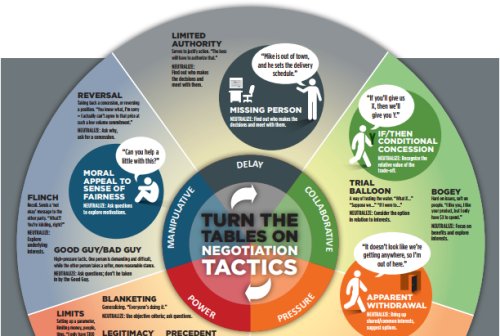Perhaps the greatest benefit of teaching is that you can't avoid learning.
Unless, that is, you're teaching the same seminar or giving the identical keynote speech year after year, which for some is a genuine temptation, if it is your meal ticket as a professional speaker.
One of the things I learned, when I was conducting a seminar at Hawaii Pacific University, is that successful negotiators in the Aloha State learn to "Talk Story."
Essentially, this is an extended reply to the question: "How are you?"
Mainlanders, especially in big cities, seem to be foreigners to this concept.
We value speed, getting to the point, and not dilly-dallying, beating around the bush. Our "Time Is Money" mentality encourages us to rush our negotiations, engendering the feeling that any deal is better than none; that finishing is the paramount achievement, irrespective of how we got there.
For those that are used to a perfunctory exchange of greetings, which don't even have to rise to the status of being termed, "pleasantries," Talking Story seems a huge waste of time.
But for Hawaiians, I was told, rushing to the heart of the matter would be absolutely counterproductive, indeed deadly to negotiations.
One needs to create a mood, establishing identification with the other person. You build a certain amount of trust, telling your story while showing respect for others.
The same can be said for negotiating in Indonesia and other countries, where preliminaries are not considered "fluff," but rather, serious substance.
Russians, according to research, also place a great deal of importance on getting to know their counterparts, before getting down to specific deal-points.
In the recent book, A Whole New Mind, Daniel Pink speaks of the importance of narrative, indicating most of us would do better in life if we could create and share more meaningful stories.
Joseph Campbell, the philosopher, said there are certain stories that are inherently human, that crop up in all cultures, across time and space. His classic book, A Hero With A Thousand Faces, traces this process
But our use of time is a variable, across cultures, as Edward T. Hall, author of The Silent Language and The Hidden Dimension noted. We disregard other people's time requirements at our peril, because, as he put it: "Time Talks, and Space Speaks."
When you're negotiating, make sure to use the right metaphor when starting your exchange.
"Ice-breaking" may be appropriate in some climes, but slowly "Thawing" relations may be better, in others.
Invest the time that is necessary to the specific situation, if you want a happy ending to your negotiation story.
